Anxiety Medication Over The Counter
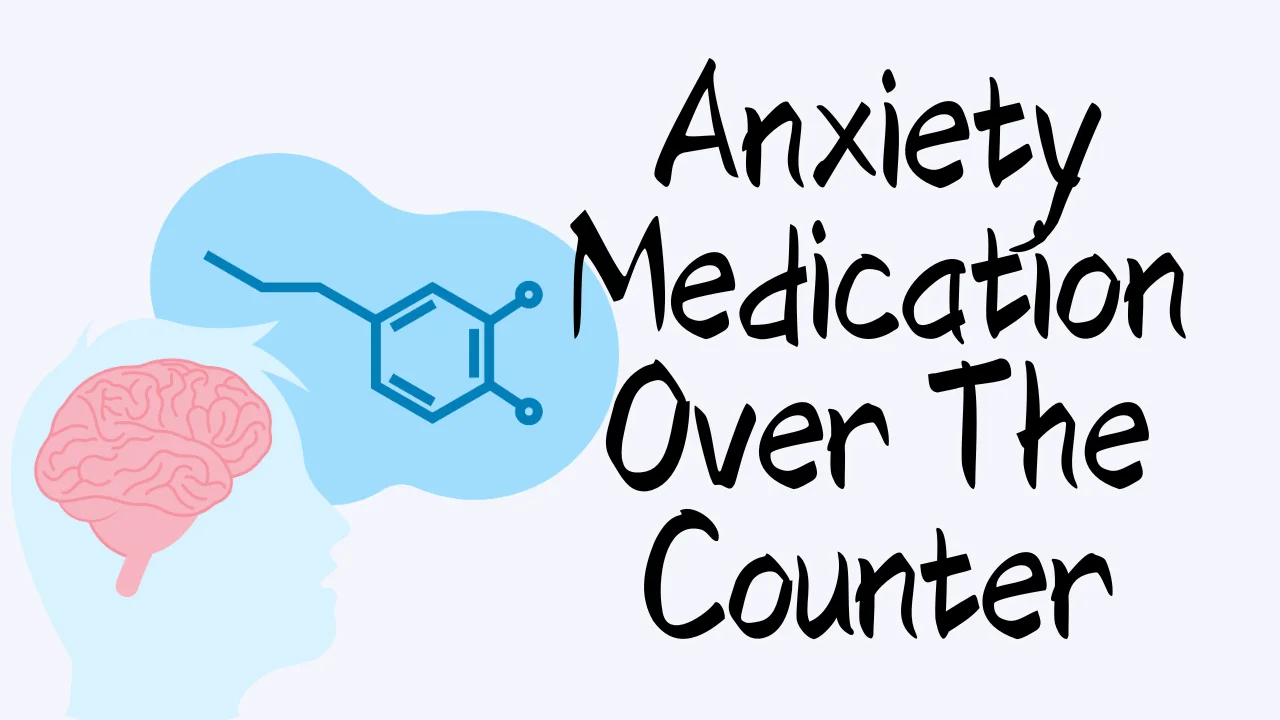
Anxiety disorders are among the most common mental health conditions worldwide, affecting millions of individuals across all age groups. While prescription medications play a crucial role in managing anxiety symptoms, many people seek alternative solutions, including over-the-counter (OTC) remedies. This comprehensive guide aims to provide a deep understanding of OTC anxiety medication, its effectiveness, safety considerations, and the importance of seeking professional guidance.
Understanding Anxiety: Causes and Symptoms
Anxiety is a natural response to stressful or threatening situations, characterized by feelings of worry, fear, and apprehension. However, when these feelings become excessive, persistent, and interfere with daily life, they may indicate an underlying anxiety disorder.
Various factors, including genetics, brain chemistry, life experiences, and medical conditions, can contribute to the development of anxiety disorders. Common symptoms of anxiety include restlessness, difficulty concentrating, irritability, muscle tension, and sleep disturbances. These symptoms can manifest physically, emotionally, and behaviorally, significantly impacting an individual's quality of life.
Types of Anxiety Disorders

Anxiety disorders encompass a range of conditions, each with its own unique characteristics and symptoms. Some of the most common types include:
- Generalized Anxiety Disorder (GAD)
- Panic Disorder
- Social Anxiety Disorder
- Obsessive-Compulsive Disorder (OCD)
- Post-Traumatic Stress Disorder (PTSD)
The Role of Medication in Managing Anxiety While therapy and lifestyle changes play a crucial role in managing anxiety, medication can be an effective component of treatment for many individuals. Prescription medications, such as antidepressants, anti-anxiety drugs, and beta-blockers, are commonly used to alleviate anxiety symptoms and improve overall well-being.
Over-the-Counter (OTC) vs Prescription Anxiety Medication
When it comes to managing anxiety, individuals often face the choice between over-the-counter (OTC) medications and prescription drugs. Understanding the key differences between these two options is crucial in making an informed decision about the most appropriate treatment approach.
OTC anxiety medications are readily available without a prescription from a healthcare professional. They are generally considered safer and have fewer side effects compared to prescription medications. However, it is important to note that OTC remedies are typically less potent and may not effectively address severe or chronic anxiety disorders.
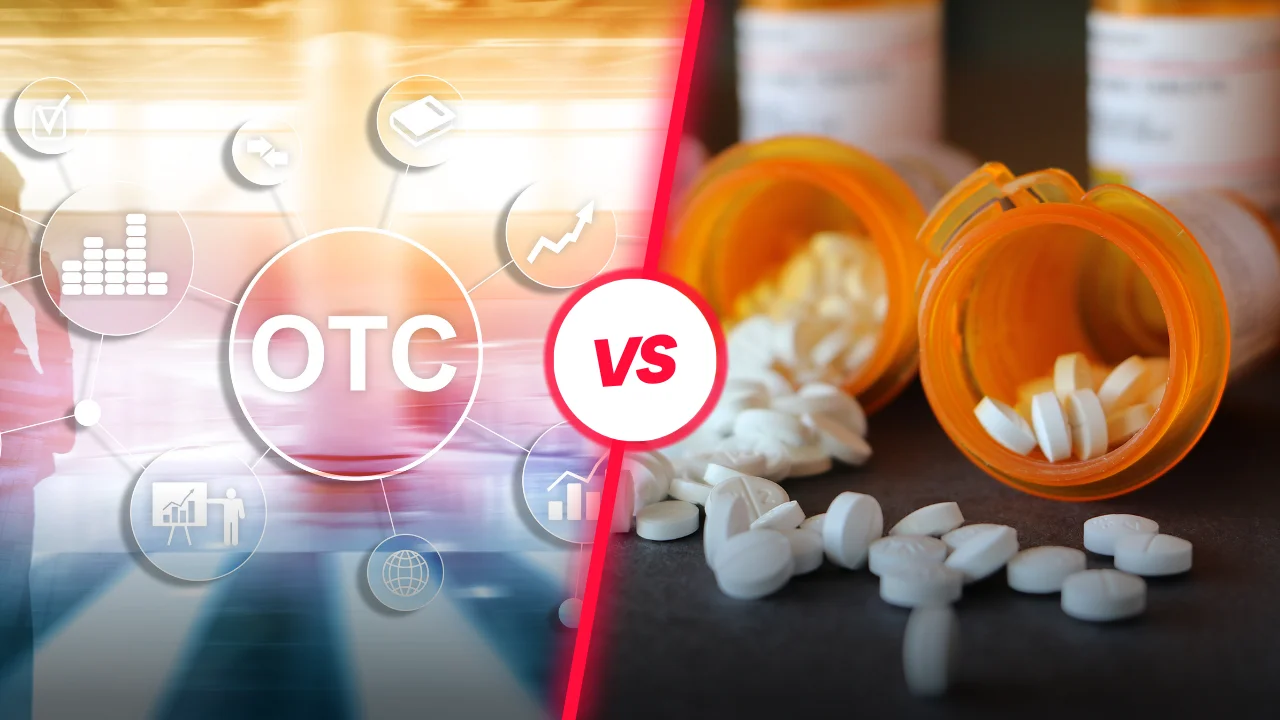
On the other hand, prescription anxiety medications require a thorough evaluation and a valid prescription from a licensed medical professional. These medications are subject to rigorous testing and regulation, ensuring their safety and efficacy when used as directed. Prescription drugs are often more potent and effective in managing severe anxiety symptoms and underlying conditions.
While OTC anxiety medications may provide temporary relief for mild anxiety, they are not a one-size-fits-all solution. Their effectiveness and safety can vary depending on individual circumstances, such as existing medical conditions, medication interactions, and the severity of anxiety symptoms. It is essential to carefully read and follow the instructions on OTC products and consult with a healthcare provider, especially if you have any underlying health concerns or are taking other medications.
Prescription anxiety medications, on the other hand, are tailored to individual needs and prescribed after a comprehensive evaluation by a medical professional. These medications are often more effective in treating severe anxiety disorders and are closely monitored for potential side effects and interactions with other medications or supplements.
It is crucial to understand that self-medicating with OTC anxiety medications without proper medical guidance can pose significant risks, such as masking underlying medical conditions, potential for dependence or addiction, and interactions with other medications or supplements. Abruptly discontinuing certain OTC anxiety medications can also lead to withdrawal symptoms and increased anxiety.
Ultimately, the decision to use OTC or prescription anxiety medication should be made in consultation with a healthcare provider, considering factors such as the severity of anxiety symptoms, potential risks and benefits, and individual medical history. With the right approach and responsible use, both OTC and prescription medications can play a valuable role in managing anxiety and improving overall well-being.
Effectiveness of OTC Anxiety Medication
The effectiveness of OTC anxiety medication varies, and scientific evidence supporting their use is often limited. Some individuals may find temporary relief from mild anxiety symptoms, while others may not experience significant improvements. It's essential to have realistic expectations and understand that OTC remedies may not be suitable for managing severe or chronic anxiety disorders.
Common Ingredients in OTC Anxiety Medication
Several natural ingredients are commonly found in OTC anxiety medication, including:
Kava: Derived from the Piper methysticum plant, kava has been traditionally used to promote relaxation and reduce anxiety.
Valerian Root: This herb has been used for centuries to aid sleep and alleviate anxiety symptoms.
Chamomile: Known for its calming properties, chamomile is often used in teas and supplements for anxiety relief.
Lavender: The fragrance of lavender is believed to have a soothing effect on the mind and body, potentially reducing anxiety levels.
Safety and Side Effects of OTC Anxiety Medication
While OTC anxiety medications are generally considered safe when taken as directed, they can still pose risks and potential side effects. Some common side effects include drowsiness, dizziness, headaches, and gastrointestinal issues. It's crucial to read and follow the instructions carefully and consult with a healthcare professional, especially if you have any underlying medical conditions or are taking other medications.
Considerations When Choosing OTC Anxiety Medication
When considering OTC anxiety medication, it's essential to evaluate several factors:
- Severity of anxiety symptoms
- Potential interactions with other medications or supplements
- Individual health conditions and medical history
- Pregnancy or breastfeeding status
- Age and overall well-being
The Importance of Consulting with a Doctor
While OTC anxiety medications may seem like a convenient and accessible option, it's crucial to consult with a healthcare professional before attempting to self-medicate.
A doctor can properly evaluate your condition, recommend appropriate treatment options, and monitor your progress. They can also provide guidance on the potential risks and interactions of OTC medications with any existing medical conditions or prescribed medications.
Alternative and Complementary Treatments for Anxiety
In addition to OTC and prescription medications, there are various alternative and complementary treatments that may help manage anxiety symptoms:
Natural Supplements for Anxiety Relief
In addition to over-the-counter anxiety medications and prescription drugs, several natural supplements have shown potential in helping alleviate symptoms of anxiety. While more research is still needed to fully understand their efficacy and safety, these supplements may offer a complementary approach to managing anxiety when used under the guidance of a healthcare professional.
1. 5-Hydroxytryptophan (5-HTP)
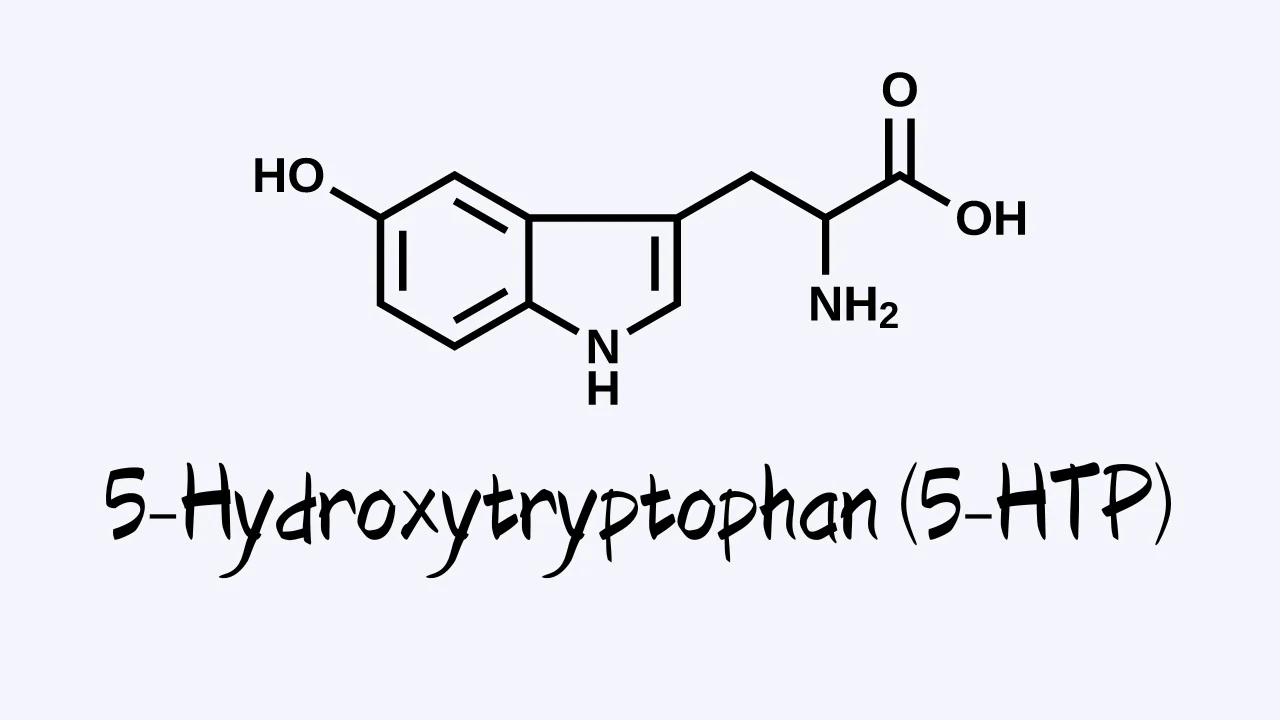
5-Hydroxytryptophan (5-HTP) is a naturally occurring compound that serves as a precursor to the neurotransmitter serotonin, which plays a crucial role in regulating mood, sleep, and anxiety levels. There has been a growing interest in 5-HTP as a potential natural remedy for anxiety due to its relationship with serotonin. Many prescription medications used to treat anxiety disorders target serotonin levels in the brain.
While small studies have demonstrated promising results for 5-HTP in alleviating anxiety symptoms, both on its own and in combination with other compounds, larger and more robust studies are still needed to fully substantiate its efficacy. It is important to note that 5-HTP can interact with certain medications and should be used under medical supervision to avoid potential side effects, including serotonin syndrome, a potentially life-threatening condition.
2. Magnesium
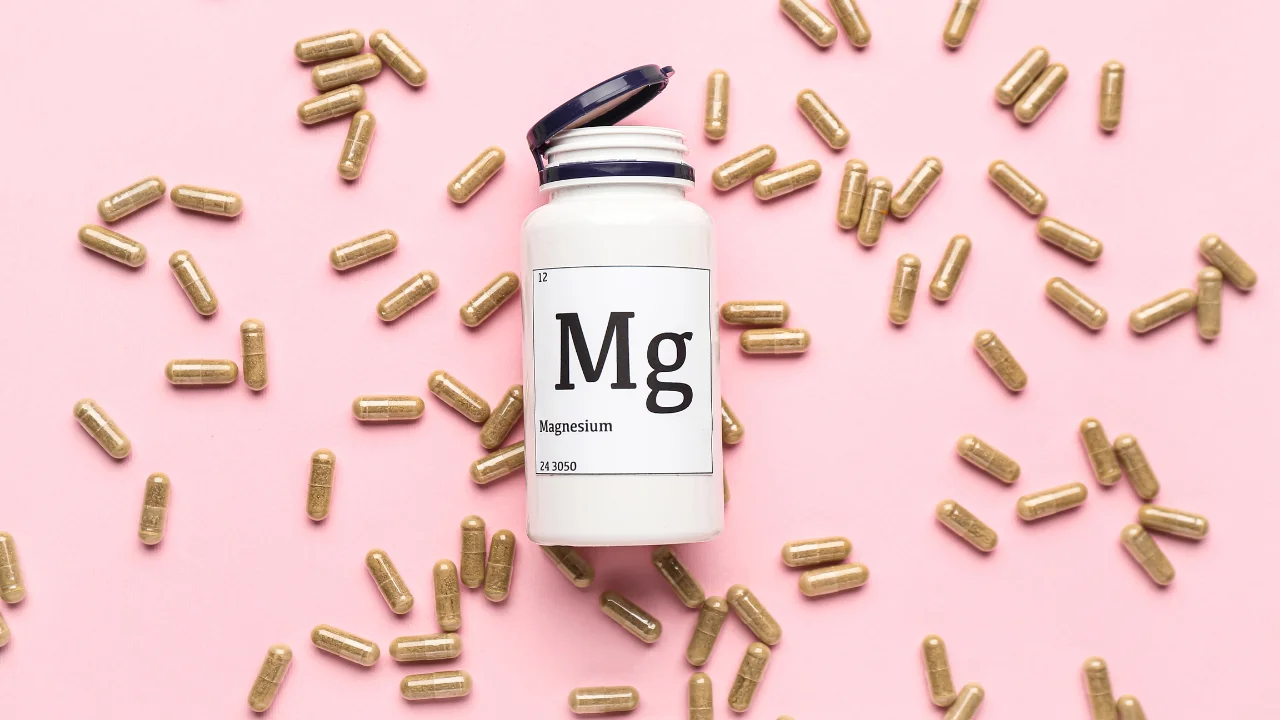
Magnesium is an essential mineral that plays a vital role in numerous bodily functions, including the regulation of stress and anxiety levels. Many adults in the United States may be deficient in magnesium, particularly older adults and individuals with chronic conditions such as diarrhea, type 2 diabetes, and alcohol dependency.
While the research on the effectiveness of magnesium supplements in relieving anxiety is still ongoing, some studies have suggested that it may have potential benefits. Magnesium is naturally present in various fruits and vegetables, but supplementation may be necessary for those with deficiencies. However, it is crucial to consult with a healthcare provider before taking magnesium supplements, as excessive intake can lead to side effects such as diarrhea, nausea, and stomach cramps.
3. Cannabidiol (CBD)
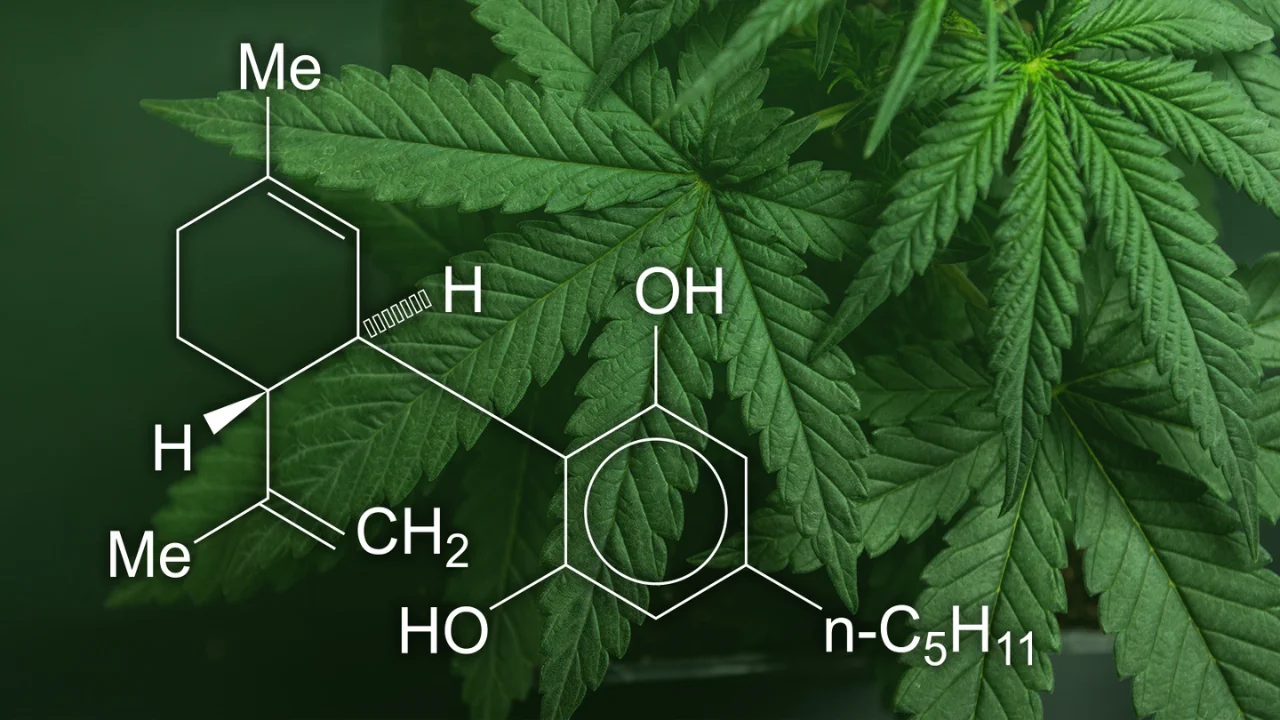
Cannabidiol (CBD) is a non-psychoactive compound derived from the cannabis plant that has gained significant popularity in recent years for its potential therapeutic applications. Unlike its counterpart, tetrahydrocannabinol (THC), CBD does not produce a "high" or mind-altering effects.
CBD has been studied for its potential in alleviating anxiety and depression, with some preliminary research suggesting that it may interact with the endocannabinoid system, which plays a role in regulating neurotransmitter function and mood. In one small study, participants reported improvements in anxiety and depression after taking CBD oil for three weeks, with minimal side effects reported.
However, it is important to note that CBD products are not standardized, and dosages can vary widely across studies, ranging from 6 mg to 400 mg per dose. Additionally, while CBD products are readily available, the FDA has not yet endorsed health claims related to CBD, and there are concerns about potential liver damage and interactions with other medications.
4. Kava Kava

Kava kava, also known as Piper methysticum, is a root native to the Pacific Islands that has been traditionally used for its calming and anxiolytic (anti-anxiety) effects. The active compounds in kava kava, known as kavalactones, are believed to be responsible for its potential anti-anxiety properties.
Some studies have demonstrated that kava kava may offer significant improvements in anxiety symptoms and could be beneficial for short-term anxiety management. However, it is essential to exercise caution when using kava kava supplements, as product quality and dosing can vary considerably. Additionally, there have been reports of liver damage associated with certain kava kava formulations and dosages.
5. Valerian Root

Valerian root (Valeriana officinalis) has a long history of use as a natural remedy for anxiety, dating back to ancient Greek physicians who recognized its calming effects. While some studies have shown benefits in treating anxiety with valerian root, the results have been mixed, with other studies failing to demonstrate significant improvements.
It is important to note that valerian root has been associated with serious side effects, including reports of liver damage, particularly when taken in combination with other supplements. Additionally, abrupt discontinuation of valerian root may lead to withdrawal symptoms, such as increased anxiety and insomnia.
6. Holy Basil and Ashwagandha
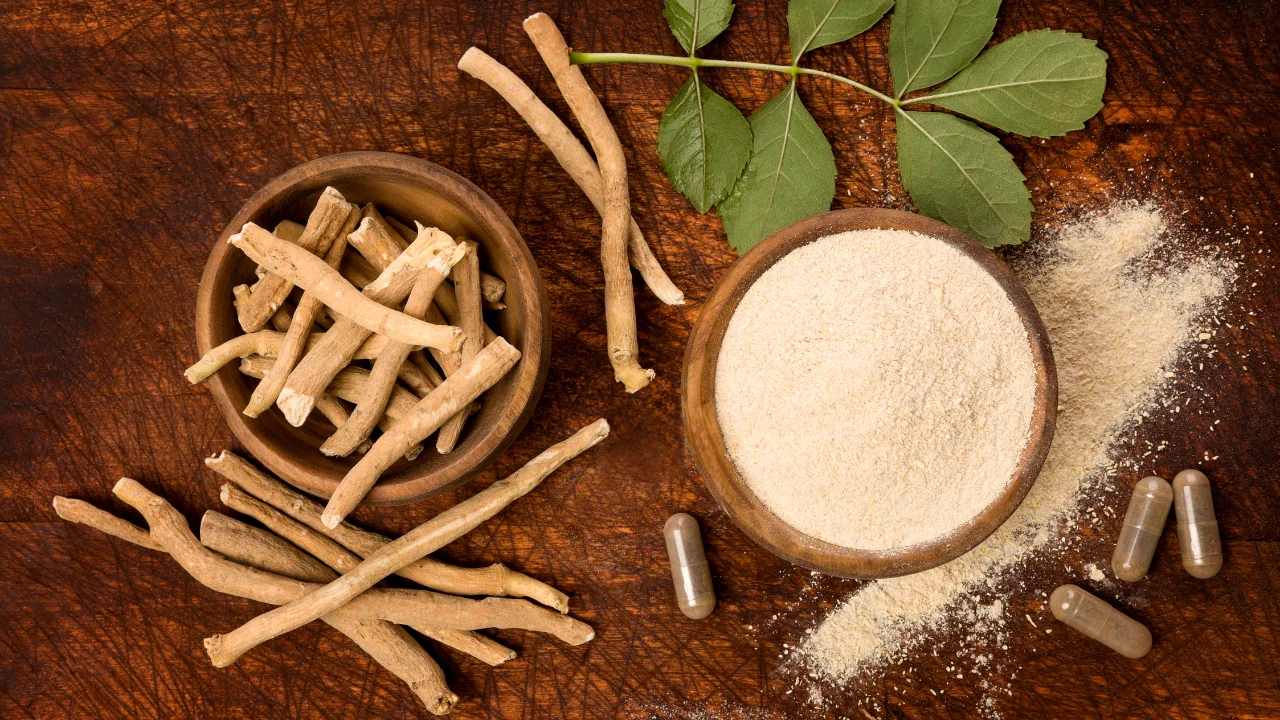
Holy basil (Ocimum tenuiflorum), also known as tulsi, and ashwagandha (Withania somnifera) are both herbs used in Ayurvedic medicine, an ancient Indian system of natural healing. These herbs have been studied for their potential in reducing anxiety and stress levels.
A few studies have suggested that holy basil may help lower anxiety and stress, particularly when used over an extended period. However, more long-term research is needed to fully understand its mechanisms of action and optimal dosing.
Similarly, research indicates that ashwagandha may have anxiolytic properties and could potentially reduce stress hormones like cortisol. However, many of the existing studies on ashwagandha are small and potentially unreliable, highlighting the need for more robust and comprehensive research.
Lifestyle Changes to Support Anxiety Management
- Regular exercise
- Mindfulness and meditation practices
- Stress management techniques
- Healthy diet and nutrition
- Adequate sleep and rest
Coping Strategies for Combating Anxiety
- Cognitive-behavioral therapy (CBT)
- Relaxation techniques (e.g., deep breathing, progressive muscle relaxation)
- Journaling and self-expression
- Social support and counseling
- Exposure therapy (for specific anxiety disorders)
Potential Risks of Self-Medicating for Anxiety
While over-the-counter (OTC) anxiety medications may seem harmless, self-medicating without proper medical guidance can pose significant risks:
The Dangers of Overusing or Misusing OTC Anxiety Medication
- Increased risk of side effects
- Potential for dependence and addiction
- Masking underlying medical conditions
- Interactions with other medications or supplements
Withdrawal Symptoms and Tolerance Development
Abruptly discontinuing OTC anxiety medications, particularly after prolonged use, can lead to withdrawal symptoms such as irritability, insomnia, and increased anxiety. Additionally, the body can develop tolerance to these medications, reducing their effectiveness over time.
It is crucial to consult with a healthcare professional before starting any OTC anxiety medication. They can evaluate your condition, recommend appropriate treatment options, and monitor your progress. Self-medicating without medical guidance can lead to serious consequences and may fail to address the underlying causes of anxiety effectively.
Finding the Right Balance: Combining OTC Medication with Therapy
For many individuals, a combination of OTC anxiety medication and therapy can be an effective approach to managing anxiety symptoms. Therapy, such as cognitive-behavioral therapy (CBT), can provide long-term coping strategies and address the underlying causes of anxiety, while OTC medications can provide temporary relief during periods of heightened anxiety.
Long-Term Management of Anxiety with OTC Medication
While OTC anxiety medications can provide short-term relief, it's important to recognize that they may not be suitable for long-term management of chronic or severe anxiety disorders. In such cases, prescription medications and ongoing therapy may be necessary to achieve lasting improvements and maintain overall well-being.
Anxiety can significantly impact an individual's quality of life, but there are various treatment options available, including OTC anxiety medication. While these remedies can provide temporary relief for mild anxiety symptoms, it's crucial to use them responsibly and under the guidance of a healthcare professional.
Remember, OTC anxiety medications are not a one-size-fits-all solution, and their effectiveness and safety can vary depending on individual circumstances. By combining OTC remedies with lifestyle changes, therapy, and professional support, individuals can develop a comprehensive approach to managing anxiety and improving their overall well-being.
Ultimately, the decision to use OTC anxiety medication should be made in consultation with a healthcare provider, considering potential risks, benefits, and individual needs. With the right approach and responsible use, OTC anxiety medication can be a valuable tool in the journey towards managing anxiety and achieving a better quality of life.
Take Charge of
Your Brain Health Today!
Shop Now!
Similar Articles:
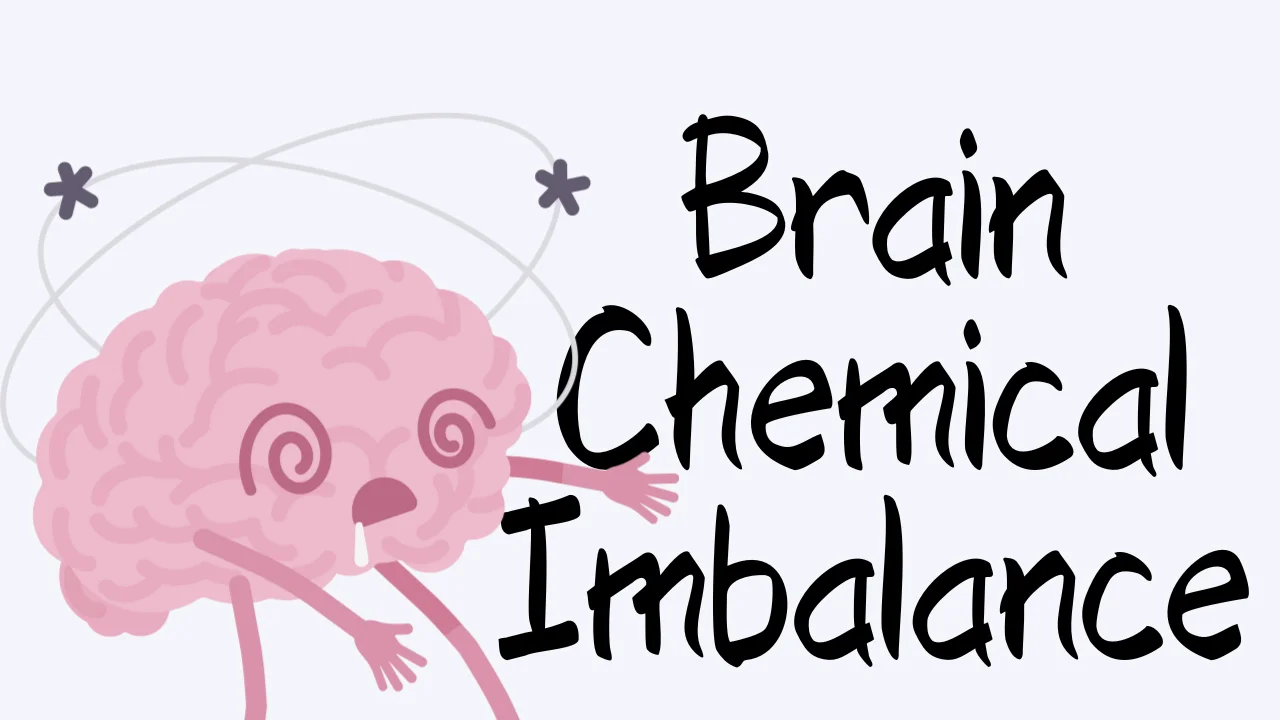
Brain Chemical Imbalance
In the ever-evolving landscape of health and wellness, the importance of maintaining a well-nourished...
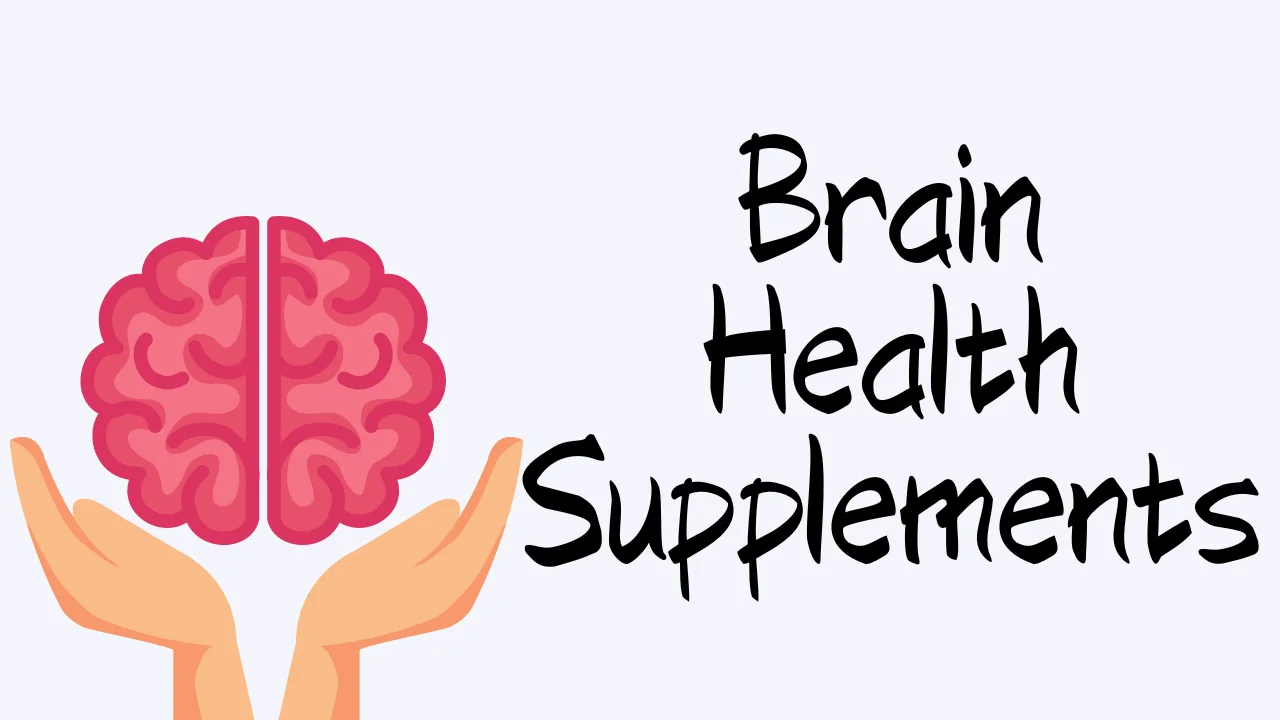
Brain Health Supplements
Brain health supplements can be a great way to support your mental well-being and overall brain...
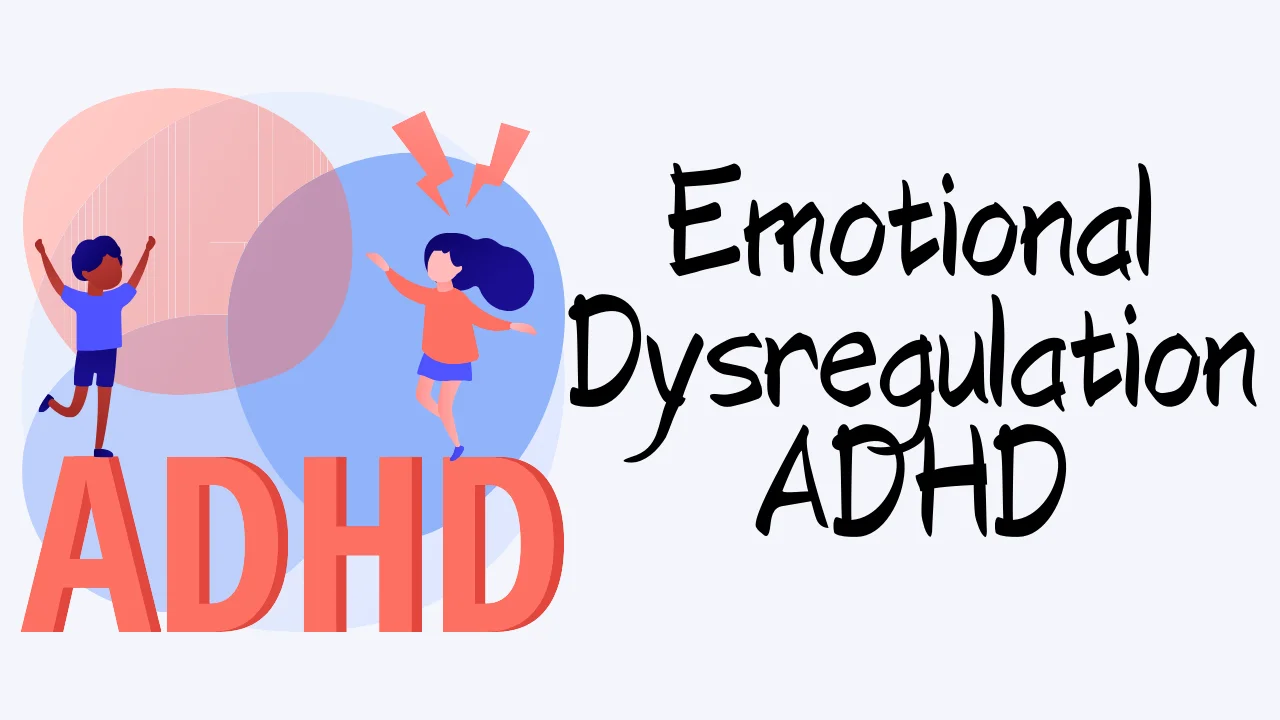
Emotional Dysregulation And ADHD
Attention-deficit/hyperactivity disorder (ADHD) is a common neurodevelopmental disorder...